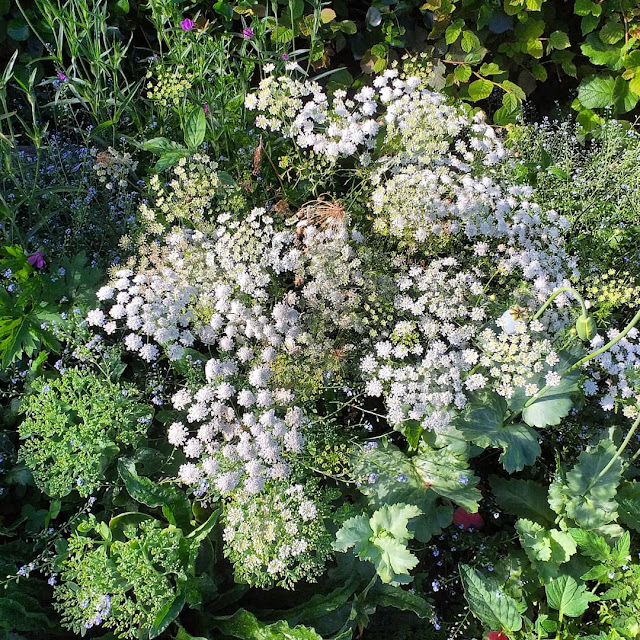Sustainable Gardening
Sustainable gardening involves creating and maintaining gardens in a way that reduces environmental impact, conserves resources, and enhances biodiversity. It focuses on using natural processes and materials to cultivate plants, thus promoting a healthier environment. Key principles include water conservation, soil health, plant diversity, and waste reduction.
Why Sustainable Gardening is Great
1. Environmental Benefits: By using organic methods and local plants, sustainable gardening reduces the need for chemical fertilizers and pesticides, which can harm local wildlife and waterways.
2. Resource Efficiency: It emphasizes the use of renewable resources and minimizes waste. Techniques such as rainwater harvesting and composting reduce dependency on external inputs.
3. Biodiversity Enhancement: A sustainable garden supports a wide range of plant species and attracts beneficial insects, birds, and other wildlife, fostering a balanced ecosystem.
4. Economic Savings: Sustainable gardens can be more cost-effective in the long run due to lower water and maintenance needs.
5. Health Benefits: Organic gardening practices mean less exposure to harmful chemicals, leading to a healthier environment for you and your family.
Notable Advocates of Sustainable Gardening
Tom Massey
Tom Massey is a renowned landscape designer known for his sustainable garden designs. His work emphasizes resilience, biodiversity, and sustainability. Massey's projects often incorporate naturalistic planting, water conservation techniques, and recycled materials, showcasing how gardens can be both beautiful and environmentally friendly.
Nigel Dunnett
Nigel Dunnett is a pioneer in ecological gardening and urban landscape design. His approach integrates sustainability with aesthetic appeal, creating spaces that are visually stunning and environmentally responsible. Dunnett's work often features wildflower meadows, rain gardens, and green roofs, promoting urban biodiversity and climate resilience.
Techniques for Sustainable Gardening
1. Native Plant Selection: Choosing plants that are native to the area reduces the need for extra water and fertilizers, as they are already adapted to the local climate and soil.
2. Water Conservation: Implementing irrigation, mulching, and rainwater harvesting systems to minimize water use.
3. Composting: Recycling garden and kitchen waste into compost to enrich the soil naturally.
4. Integrated Pest Management: Using natural predators and organic methods to control pests, reducing the need for chemical pesticides.
5. Soil Health: Practices such as crop rotation, cover cropping, and no dig-gardening help maintain soil structure and fertility.
6. Permeable Surfaces: Using materials that allow water to percolate through the ground, reducing runoff and promoting groundwater recharge.
How Chew Gardens Embraces Sustainable Gardening
Here we are dedicated to creating sustainable gardens that reflect the principles of environmental stewardship.
By choosing our services, clients not only get a beautiful garden but also contribute to a healthier planet, following our belief of 'giving something back'. Sustainable gardening is more than a trend; it's a necessary evolution in how we interact with our natural surroundings.



Comments
Post a Comment